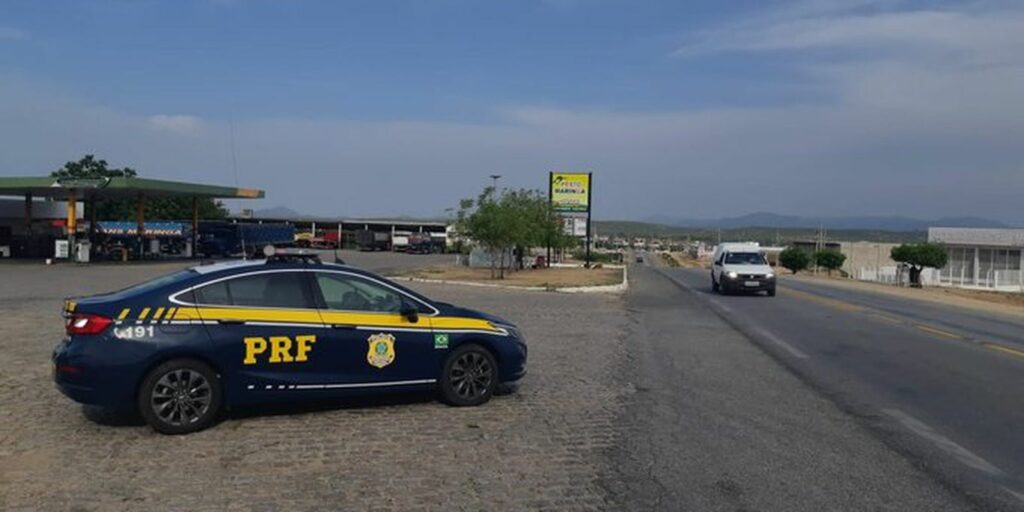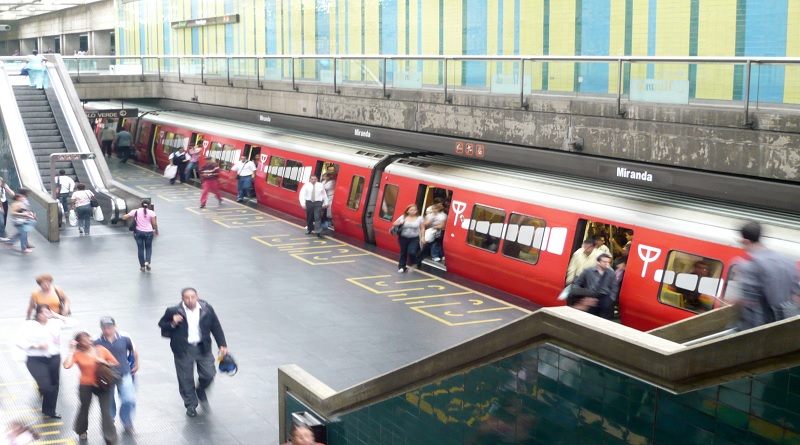The issuance of sustainable bonds this year reached 17 placements for almost $6,000 million and US$333 million, which placed the total above the 16 of last year and set a new record for this instrument that began operating in 2019 and To date, it has already exceeded US$1.1 billion in financing.
From power generation to fruit production, including logistics services, micro-enterprises sponsored by third-sector organizations, and even public policies, sustainable bonds were an instrument to access the capital market for SMEs, NGOs, and local governments.
“The issuance of Green, Social and Sustainable Bonds (SVS) had a record reach in the local market during the last year. The total amount of debt labeled in the Panel since its launch in 2019 to date already exceeds US$ 1,100 million,” Julieta Artal, head of Corporate Governance and Sustainability at Bolsas y Mercados Argentinos (BYMA), told Télam.
He stressed that “the evolution of these emissions is a reflection of a context of change, of greater social awareness”, and pointed out that “the world is in constant transformation, with more ecological means of transport, as well as the development of green infrastructures or the transition towards increased use of renewable energy”.
“To enhance this, the markets can play a fundamental role in providing opportunities,” said Artal.
Since the SVS Bond Panel was launched in September 2019, to date it is made up of 38 marketable securities, of which 17 were issued this year.
In turn, in February a new Sustainability Linked Bond Panel (VS), which already has three marketable securities, two from Red Surcos and one from the San Miguel fruit company.
Thus, 2022 ends with 20 new issues with a positive impact, a record for the Argentine financial ecosystem.
When the operation of these bonds began, in 2019, a single negotiable security was issued; in 2020 there were four and in 2021 they reached 16.
Last year, the first SVS issues of civil associations, such as Techo and Sumatoria, were registered, which constituted a starting point for what happened in 2022.
During this year, Sumatoria made three additional issuances, which were sustainable bonds.
Since the launch of the SVS Bond Panel, 21 issuers have issued 38 marketable securities. In a large number of cases, the same station made several broadcasts, such as the Genneia power generator, with six broadcasts; the telecommunications company Sion, the electricity distributor Luz de Tres Picos and Sumatoria, with four each; Plaza Logística, and the energy companies CP Manque and CP Los Olivos, with two each.
Another milestone this year is that, for the first time in Argentina, promissory notes tied to the dollar price were traded through the social, green and sustainable condition (SVS), through the Open Stock Market (MAV).
The Domaine Jean Bousquet winery was the MSME that traded green-labeled instruments on the MAV for the first time.
The executive director of the MAV, Fernando Luciani, highlighted that “this innovation makes it possible to attract financing from micro, small and medium-sized companies that have social, green and sustainable practices, duly certified, and at the same time strengthen support with financing for the most representative economic sector of the country with products such as deferred payment checks, promissory notes and electronic credit invoices”.
On the other hand, the HSBC bank allocated $8,000 million this year to finance green projects in Argentina, in the transition towards more sustainable business models.
Among the most notable cases is the agreement with Pampa Energía for US$ 20 million to finance new investments in wind energy in the province of Buenos Aires, and the green credit to Maniagro, in Córdoba, for US$ 750 million for a new bioenergy plant. from the reuse of the peanut shell.
Banco Comafi also participated in this segment, accompanying Sumatoria in its third venture into the capital market through the issuance of negotiable obligations (ON) for $120 million under the Pyme CNV guaranteed regime and their incorporation into the SVS Bond Panel.
“We see it as vital that there are organizations like Sumatoria that support projects with a positive impact and quality,” said the executive director of Comafi, Francisco Cerviño, who stressed that “if they also use financing tools such as the NOs to grant more loans and expand the scope It gives financial institutions such as Comafi the possibility of playing a leading role in achieving these objectives”.
For his part, the founder and director of Sumatoria, Matías Kelly, remarked that “the articulation between the public and private sectors is key to bringing solutions and transforming the reality of many actors in the real economy with local impact.”
Along the same lines, the director of the National Securities Commission (CNV), Mónica Erpen, highlighted that “investors’ response to Sumatoria’s issuance demonstrates how the articulation between the public-private sector can bring solutions, how it can transform the reality of many small players in the real economy with social impact”.
“The most important thing is that it allows us to be optimistic about a larger-scale project that we are working with Sumatoria in the framework of the agreement with the United Nations Development Program (UNDP) to finance access to sustainable housing for vulnerable sectors,” anticipated Erpen, who maintained: “We are taking fast and solid steps towards the consolidation of a social bond market.”
















